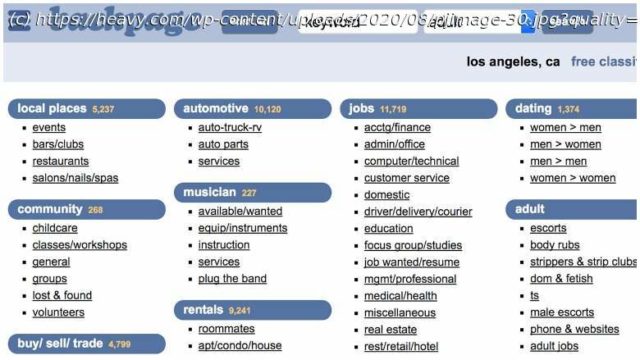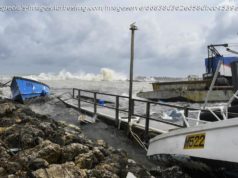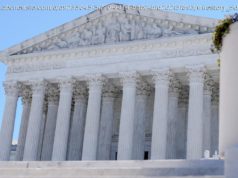Harris, as California’s attorney general, brought charges against Backpage’s executives, helping raise the profile of the website’s activities.
Getty/(Flickr/Top Ten Alternatives) Backpage.com, now notorious for being a site frequently used to facilitate prostitution, was a target of current vice-presidential candidate Kamala Harris when she was the attorney general of California. However – and despite her belief that it should be eliminated – she was not responsible for shutting the website down. Instead, she brought charges against Backpage’s executives. Even though many of the charges Harris’ office brought to Backpage executives did not result in convictions, she helped raise the profile of the website’s activities, which had been particularly active in San Francisco and other metropolitan hubs across the U. S. Eventually, a Department of Justice inquiry led the website to get shut down. Here’s the full story of Harris’ pursuit of Backpage. (Flickr/Top Ten Alternatives)Before the page was taken down, it featured a look very similar to Craigslist or Classifieds. Backpage was a classified ads website that offered all sorts of services; however, it began expanding after Craigslist.com eliminated its “Adult Services” section in 2010 after receiving a statement from 17 states’ attorney generals alleging that the section was aiding illegal exploitation, prostitution and human trafficking, as ABC News reported. Ads featuring adult prostitutes were constantly being posted, for which Backpage collected a fee. Some anti-sex trafficking advocates also noted that teenagers were also posting ads; even after Backpage closed its “Adult Services” section, the Washington Post reported that many of the ads simply migrated to the website’s “Dating” category. The Post reported that Backpage’s executives had maintained that they regularly took down illegal ads, reported violators the police and were not in any way involved in prostitution. The website also cited its rights not to be prosecuted under the Communications Decency Act, which provided legal immunity for websites if third parties were discovered to be using their website for illegal purposes and the website operators were not actively helping or deliberately ignoring the illegal activity. Furthermore, insisted that they would not be forced to engage in censorship. Moreover, more investigations showed that Backpage was not as innocent in the website’s function as a facilitator of prostitution. In 2017, the Senate produced a report showing that website employees had been rewriting prostitution ads clearly written by people who were underage and deleting references to their age: In 2012, for example, Ferrer stated, “Many of these banned terms [e.g. first time, pure, innocent, school girl, etc.] are stripped out or banned so users can just modify their postings.” Backpage also worked directly with users whose ads were rejected or whose text was deleted.






